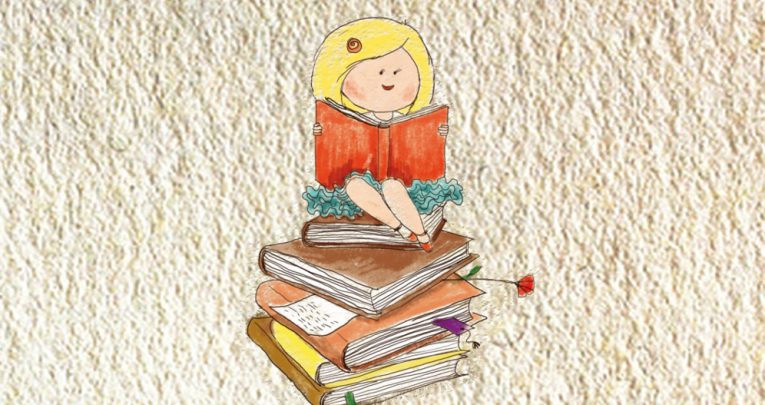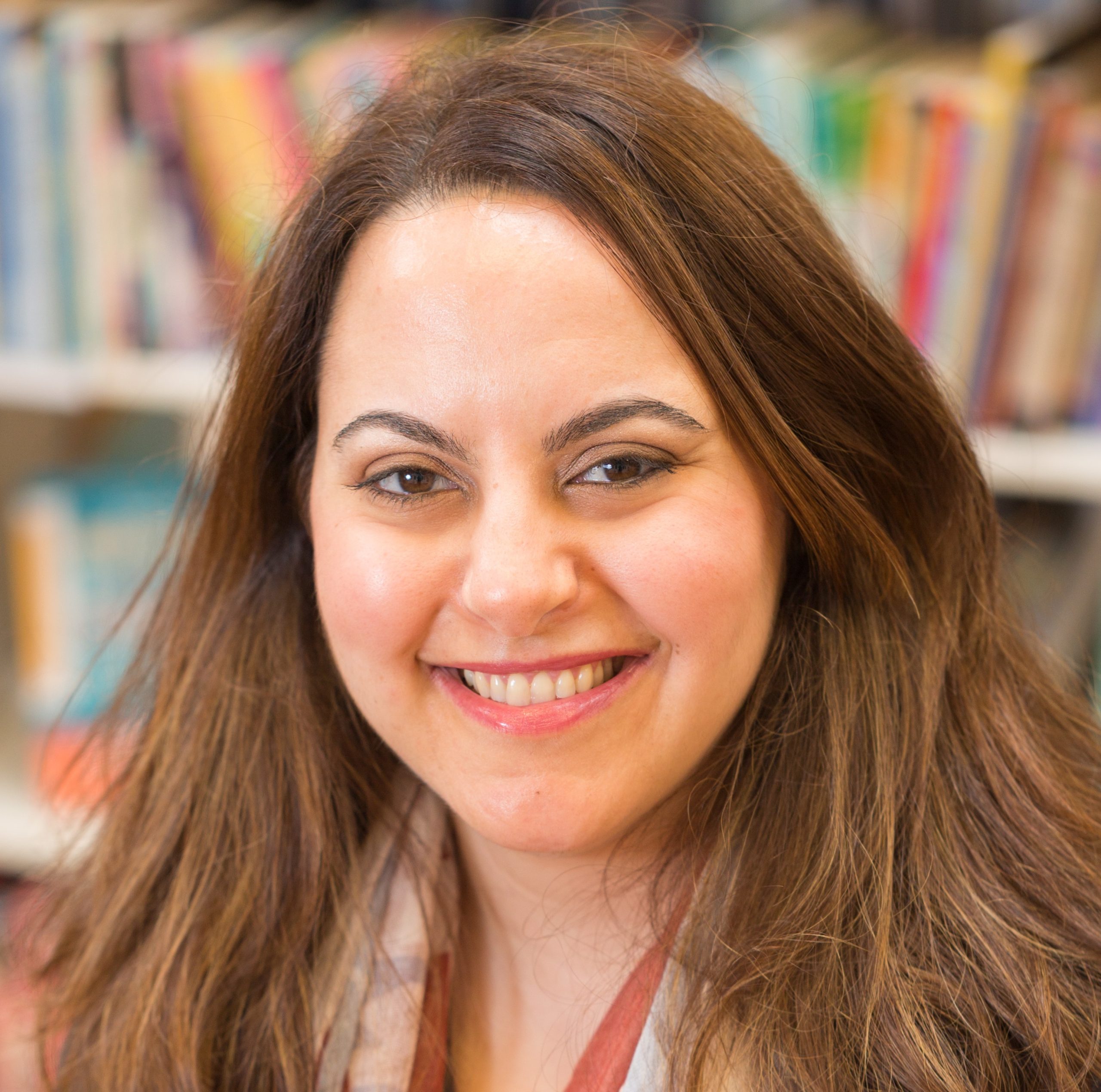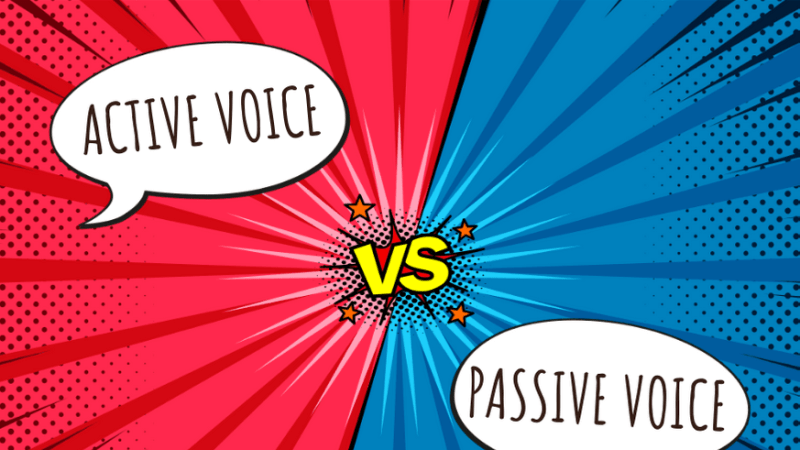Young Children Need Stories In Which They Can Recognise Their Own Lives

Your school's books must reflect their world and let them experience the reality of others’, says Farrah Serroukh

Reading to and with our youngest children is incredibly important. Books invite us to identify and empathise with characters, and grapple with dilemmas and perspectives outside our own frame of reference. Reading provides us with the opportunity to explore our humanity.
To find a fragment of yourself in the pages of a book is a profound and powerful experience; it holds a mirror up to your existence and suggests that you’re not alone. For children in their formative years this is life-affirming. We have a responsibility to ensure that children experience books that reflect, value and validate their own realities, as well as books that offer an insight into realities beyond their own, to broaden and enrich their world perspective.
So, think about the stories on your book corner shelves; do they…
Explore themes at the forefront of children’s minds?
Think Bedtime for Monsters – characters like Ed Vere’s misunderstood green beast help us to appreciate that, despite first impressions, others can be just like us. Or the classic Can’t You Sleep, Little Bear? by Martin Waddell, which allow us to address typical childhood anxieties such as a fear of the dark.
Petr Horacek’s Blue Penguin provides a stimulus for discussing deep-seated concerns about being marginalised and invites us to consider our collective responsibility to counter this. And Alexis Deacon’s Croc and Bird, as well as Catherine Isaac’s Iris and Isaac, are both charming and clever depictions of the delicate nuances that form the heart of the ‘give and take’ nature of friendship.
Encourage children to reflect and relate?
Such as Jeanne Willis’s TheBog Baby, which invites children to reflect on what it means to care for someone other than ourselves. The selflessness exemplified in the story is a profound concept to grasp for young, often egocentric minds.
Lydia Monks’ Aaaarrgghh, Spider! offers a different lens through which to see daily life by literally turning our world upside down and inviting us to see things from the perspective of a house spider and empathise accordingly.
And Frann Preston-Gannon’s The Journey Home is a timely book that captures the challenges of forced relocation and displacement borne out of circumstances beyond your control. Books like this offer age-appropriate engagement with the plights of individuals forced to flee their homes and illustrate the importance of being welcoming and accommodating.
Mirror identities without focusing on ‘otherness’?
In our efforts to increase visibility, we must ensure we don’t limit ourselves to a narrow set of representations. The representation of any community must be as diverse as the community itself. If, for example, the only books that feature ethnic minority characters in our classrooms are books in which overcoming struggle or celebrating difference are at the heart of the narrative, this can undermine the normalisation of reader realities and potentially problematise self-perception. Children must never feel that they’re excluded from the literary space or only entitled to restricted access.
The babies playfully tottering across the pages of Mem Fox and Helen Oxenbury’s Ten Little Fingers and Ten Little Toes; the family and friends featured in Trish Cooke’s classic So Much; the comical turn of events in Sarah Haye’s Eat Up Gemma; Lulu’s library visit in Anna McQuinn’s Lulu Loves the library; Anna’s seaside adventures in Atinuke’s Splash, Anna Hibiscus!; and the lyricism of Carolyn Robertson and Patricia de Villiers’ Two Mums and a Menagerie all seek to reflect the lived realities of young readers and in doing so normalise and validate those realities.
Expose the children in your care to a varied and balanced diet of books that nourish their sense of self, books that allow them to experience positive reflections of their own lives and offer insights into the lives of others.
Farrah Serroukh is learning programme leader at the The Centre for Literacy in Primary Education. The CLPE is a UK charity dedicated to helping schools develop literacy learning that transforms lives. You can find out more about many of these books at clpe.org.uk/corebooks. For teaching sequences for great books, subscribe to clpe.org.uk/powerofreading.










